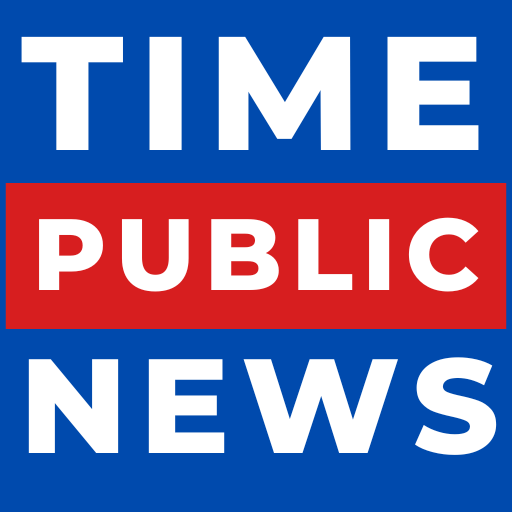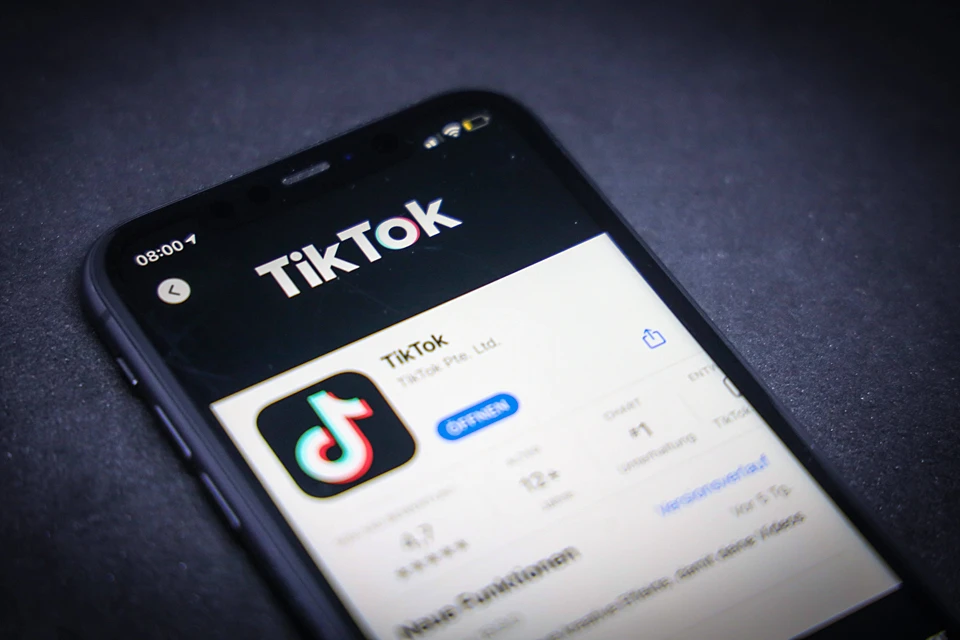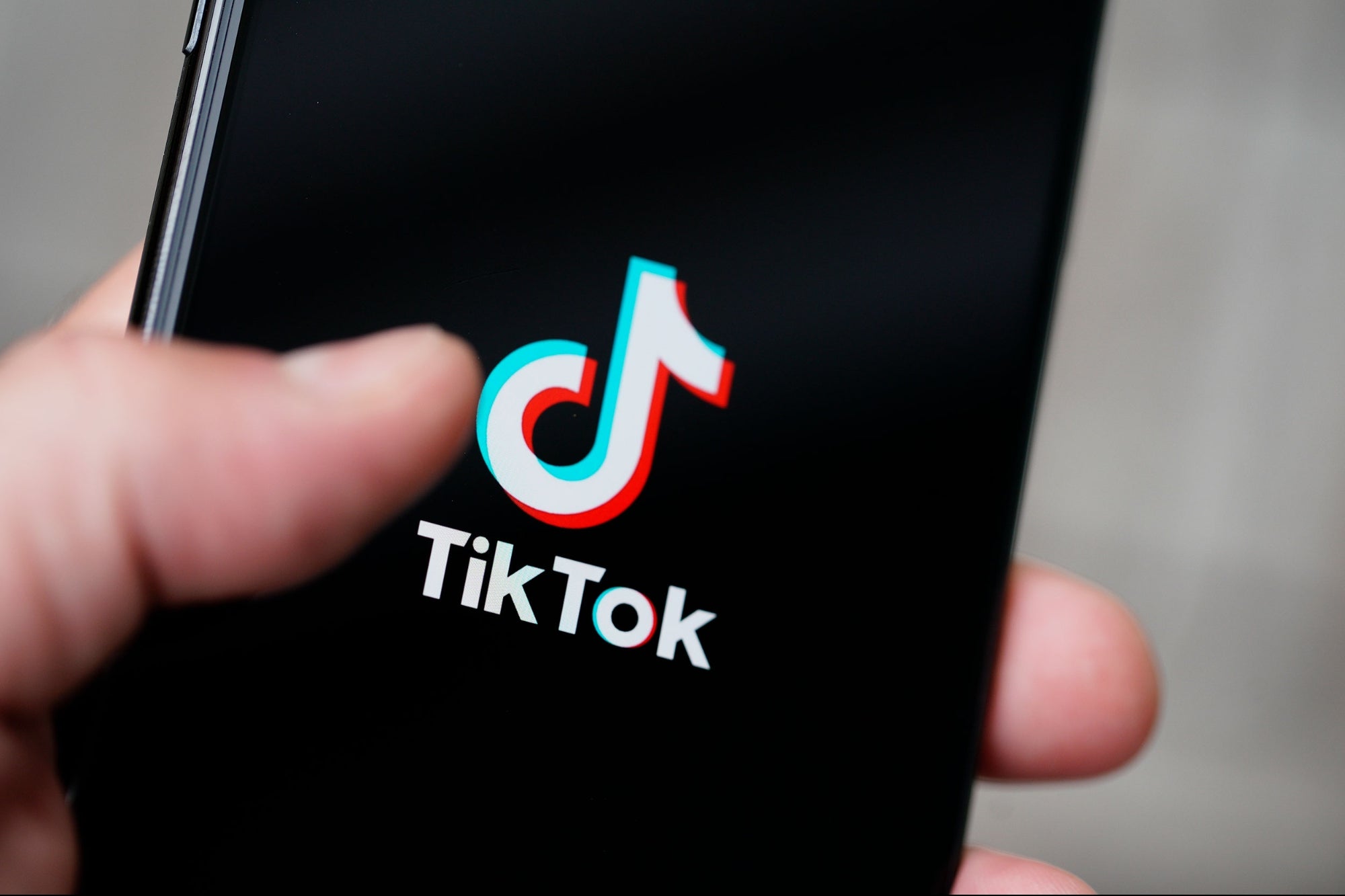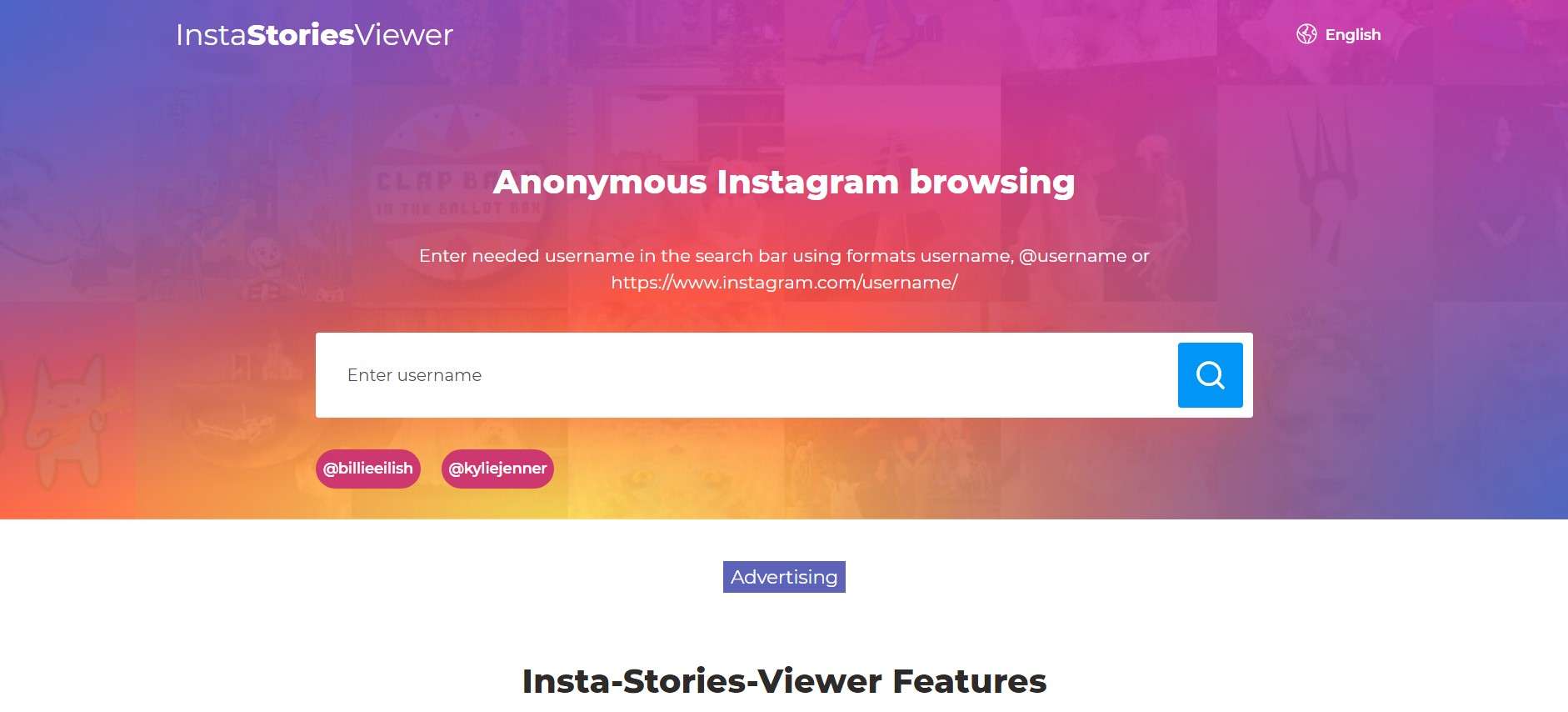TikTok, the widely popular short-video platform, has been at the center of controversy in multiple countries. Governments around the world have expressed concerns about the app’s data security, potential influence on public discourse, and ties to China. As a result, many nations have moved to regulate, restrict, or outright ban TikTok. But why is the TikTok ban happening? This article delves into the key reasons behind these decisions.
1. National Security Concerns
One of the primary reasons for banning TikTok is the concern over national security. Since TikTok is owned by the Chinese company ByteDance, many governments fear that user data could be accessed by the Chinese government. In the United States, lawmakers have repeatedly expressed concerns that China’s data laws could compel ByteDance to hand over user information upon request.
Data Privacy Risks
TikTok collects a vast amount of user data, including:
- Location tracking
- Device information
- Browsing and usage patterns
- Personal interests and behaviors
Critics argue that this level of data collection could pose risks, especially if sensitive user information falls into the hands of foreign entities. Some experts believe that this data could be used for espionage, blackmail, or misinformation campaigns.
Links to the Chinese Government
Although TikTok has denied sharing user data with the Chinese government, concerns persist. The Chinese Communist Party (CCP) has strong regulatory oversight over domestic companies, making foreign governments wary of TikTok’s operations. This has led to widespread speculation that TikTok could be forced to share data or act as a tool for Chinese influence.
2. Political and Ideological Tensions
Another key reason for TikTok bans stems from geopolitical tensions between China and other countries. Nations like the United States, India, and Australia have strained relations with China, leading to a cautious approach regarding Chinese technology companies.
US-China Trade War
The ongoing trade war between the US and China has fueled mistrust in Chinese tech companies. The US government has previously targeted Huawei and other Chinese firms, citing similar concerns about cybersecurity and national security. TikTok, being a major Chinese-owned platform, has become another focal point in this trade battle.
Concerns Over Foreign Influence
Many governments fear that TikTok could be used to spread propaganda or manipulate public opinion. Since TikTok’s algorithm determines content visibility, some critics worry that the platform could suppress certain viewpoints or amplify others in favor of the Chinese government.
3. Content Moderation and Misinformation
TikTok has faced criticism for its content moderation policies and the spread of misinformation. Governments worry that TikTok’s algorithm-driven content feed can promote harmful narratives, spread fake news, or expose users—especially young audiences—to inappropriate content.
Spread of Misinformation
TikTok has been accused of facilitating the spread of misinformation, including:
- Political propaganda
- COVID-19 conspiracy theories
- Fake news and manipulated videos
Governments argue that such content can influence elections, public health decisions, and social stability, leading to increased scrutiny of the platform.
Inadequate Content Moderation
Despite TikTok’s efforts to regulate content, harmful material still circulates widely. From dangerous challenges to explicit content, many countries worry about TikTok’s ability to maintain a safe online environment. In some cases, TikTok’s moderation practices have been criticized for inconsistencies and biases.
4. Impact on Children and Mental Health Concerns
TikTok is immensely popular among teenagers and young adults, raising concerns about its impact on mental health and behavior.
Addictive Algorithm
TikTok’s “For You” page uses a highly engaging algorithm that keeps users hooked. Studies suggest that excessive social media use can lead to:
- Increased anxiety and depression
- Lower attention spans
- Cyberbullying and online harassment
Exposure to Harmful Content
There have been numerous reports of harmful trends circulating on TikTok, such as dangerous challenges, eating disorder content, and self-harm videos. Governments fear that young users are particularly vulnerable to these risks, prompting discussions about stricter regulations or outright bans.
5. Regulatory and Compliance Issues
Many countries have stringent data protection laws that TikTok may not fully comply with. For example:
- In the European Union: The General Data Protection Regulation (GDPR) requires strict handling of user data. TikTok has faced multiple investigations for allegedly mishandling data.
- In the United States: The Children’s Online Privacy Protection Act (COPPA) restricts data collection from users under 13. TikTok has faced fines for violating these rules.
- In India: Before banning the app, India’s regulators frequently questioned TikTok about compliance with local laws.
When companies fail to meet these standards, governments may impose fines, restrictions, or full bans to ensure compliance with national regulations.
6. The TikTok Ban in Different Countries
Various nations have taken action against TikTok, either through outright bans or restrictions.
India
India was one of the first countries to impose a nationwide ban on TikTok in 2020, citing data security concerns and tensions with China following border conflicts. The Indian government classified TikTok and other Chinese apps as threats to national sovereignty and cybersecurity.
United States
The US government has attempted multiple times to restrict TikTok. Under the Trump administration, an executive order sought to ban TikTok unless ByteDance sold its US operations to an American company. The Biden administration has continued scrutinizing TikTok, with some states and agencies banning its use on government devices.
European Union and the UK
The European Commission and UK government have also expressed concerns about TikTok’s data practices. Some government officials and agencies have banned TikTok on official devices, with discussions about broader restrictions underway.
Australia and Canada
Both countries have conducted investigations into TikTok’s data security and its potential risks. While a complete ban hasn’t been implemented, certain government agencies have restricted the use of TikTok on official devices.
Conclusion: What’s Next for TikTok?
The future of TikTok remains uncertain as governments continue to assess its risks and benefits. While some countries push for bans, others seek regulatory solutions to ensure data privacy and content safety. TikTok, on its part, has attempted to address concerns through transparency measures, data localization efforts, and independent audits.
For users, the ongoing debate means staying informed about local regulations and potential changes in access to the platform. Whether TikTok survives these challenges or faces more widespread bans depends on how ByteDance navigates political, regulatory, and security concerns in the coming years.
Final Thoughts
The TikTok ban is not just about a social media app—it represents a broader struggle between global powers over technology, privacy, and influence. As debates continue, TikTok remains in the spotlight, facing scrutiny from governments, regulators, and users alike.






